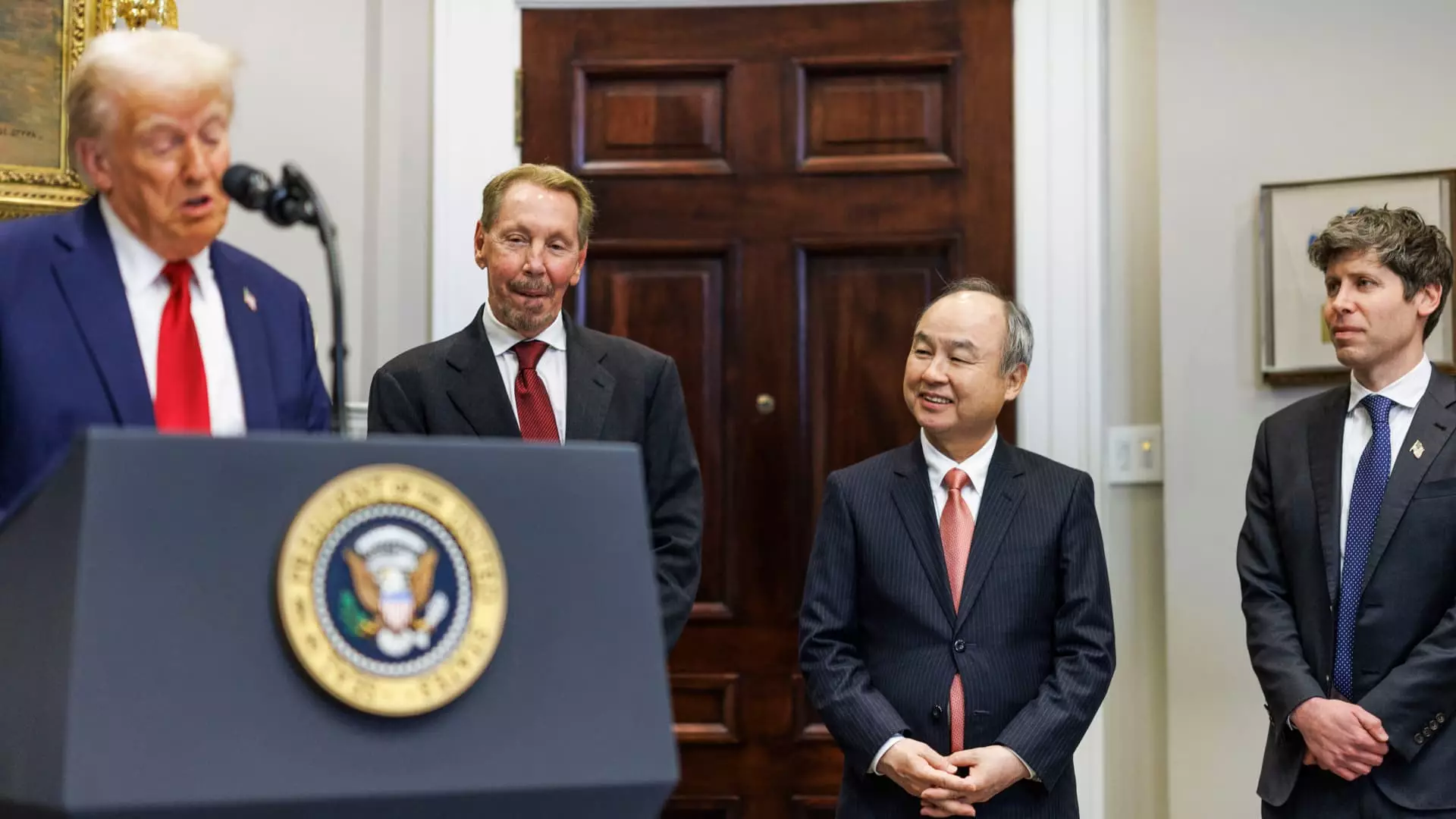The landscape of artificial intelligence (AI) is rapidly evolving, and with it, the relationships between major players are undergoing significant transformations. Microsoft, recognized as the largest investor in OpenAI and its primary cloud provider, has recently experienced shifts in its exclusive computing partnership with the AI company. While both organizations continue to maintain favorable ties, the future exhibits a more competitive and diversified alignment, suggesting both opportunities and challenges ahead.
In a recently published blog post, Microsoft outlined that it will no longer be the sole provider of computing resources for OpenAI. Instead, Microsoft has secured the “right of first refusal” regarding any additional capacity OpenAI may require in the future. This arrangement indicates a strategic pivot, allowing OpenAI to explore partnerships with other vendors before yielding to Microsoft. The shift in their collaborative tone reinforces a growing sense of competition alongside cooperation, which may impact both companies’ positioning in the AI landscape.
A significant catalyst for this shift has been President Donald Trump’s announcement of the Stargate Project. This ambitious joint venture with OpenAI, Oracle, and SoftBank aims to invest billions in AI infrastructure in the U.S. Committing to an initial investment of $100 billion, with a projected total of $500 billion over four years, the project signifies a major industry collaboration that extends beyond the traditional confines of individual company partnerships. Microsoft executives have committed to fostering their presence within this larger project while acknowledging the dynamics that come with multi-company cooperation.
As the landscape of AI data storage and computation expands, Oracle has emerged as a critical technology partner in this ecosystem. The company plans to construct a substantial data center infrastructure, with initial capabilities being established in Texas. This development poses both an opportunity and a challenge for Microsoft: while they continue to collaborate with OpenAI, they must also contend with Oracle’s growing influence in the market. The involvement of Oracle, along with established tech giants like Nvidia and Arm, positions the Stargate Project as a formidable competitor to existing cloud service providers, including Microsoft itself.
Despite the competitive strain, Microsoft has emphasized its ongoing commitment to OpenAI. The cloud company maintains rights to OpenAI’s intellectual properties, allowing them to integrate AI innovations into products like Copilot. Furthermore, the framework established over the years has fostered significant growth in Azure’s usage by OpenAI, with recent contracts indicating a fresh commitment to enhance products and model training. This juxtaposition of cooperation and competition will define future interactions between the two companies.
Microsoft CEO Satya Nadella has previously acknowledged the ambitious aspirations of OpenAI’s leadership, suggesting that accommodating these goals will be vital for sustaining their partnership. However, categorizing OpenAI as a competitor highlights the balancing act Microsoft faces—supporting innovation while preparing to engage in rivalry. The landscape necessitates adaptability, as both Microsoft and OpenAI navigate an increasingly complex web of relationships in the AI domain.
The shifting dynamics between Microsoft and OpenAI encapsulate a broader trend unfolding in the tech industry, where collaboration and competition intertwine. As both entities forge ahead with strategic projects such as the Stargate initiative and the deployment of their resources, awareness of evolving market conditions will be crucial. The foundation laid by Microsoft’s investments and commitments to OpenAI provides a road map for their future endeavors, though they now face the added challenge of navigating an increasingly competitive ecosystem. As the world watches, the outcomes of this evolving relationship will have profound implications for the future of artificial intelligence and cloud computing industries.


Leave a Reply